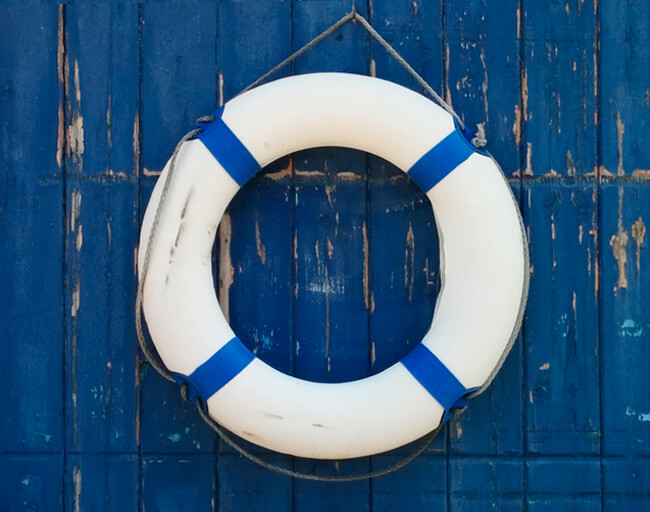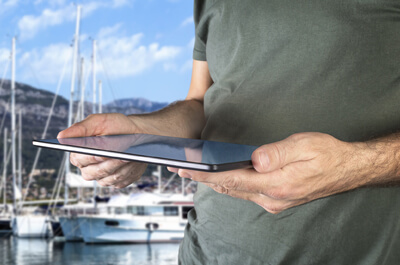Online Mentoring
Personalised sessions for your personal and professional development
Online Mentoring
Personalised sessions for your personal and professional development
Rates
EUR and USD accepted. Possibility to purchase discount vouchers. We adapt to all needs
Flexibility
All rates allow unlimited flexibility of use and do not expire
Working at sea offers numerous benefits, however, seafarers belong to one of the professional groups that are most at risk from work-related stress. In fact, it is highly likely that at some stage during their career they will experience anxiety or an anxiety-related disorder. This may compromise the seafarer's ability to socialize and solve conflicts with other crew members, their superiors or passengers; or even to respond in an emergency; thus, increasing the risk of incidents or the environmental impact on the marine ecosystem. The consequences of this may also remain with them once they have disembarked, diminishing their quality of life even during their time off, and triggering unease around the imminent approach of a new contract, generating doubts about their continuity with the ship owner.

These are the psychosocial factors most likely to generate stress on board ships:
Associated with our thoughts, emotions and rumination:
As a result of the activity of the different organic systems of the human body:
Behaviours observable as a result of the combined cognitive and physiological activity:
In each online session, our human resources experts, with long onboard experience, advise the crew member on the following aspects:

Each individual reacts differently to situations of stress, depending on when, where and how they arise, and on the individual's own personal circumstances. Therefore, all our sessions are designed taking the profile of the individual seafarer and their needs into account at that vital moment.
At each online meeting our experts in psychoanalytic and psychotherapist health, with proven experience on board, share their knowledge, experiences and skills, they pose key questions to the mentee and provide them with the necessary techniques so that they can learn to self-manage.
To guarantee the best results, all the tools provided have a cognitive-behavioural approach. These techniques have been scientifically recognised as being the most effective worldwide for managing the symptoms of stress and anxiety, with a success rate of around 80% according to the American Psychological Association (APA). Additionally, this approach is enhanced with tools from other disciplines, with the aim to bring about a complete change in people, increase their capacity for self-control and confidence, and develop the appropriate skills to cope with life on board in the best possible way.
The seafarer may benefit from our advice on the following matters: